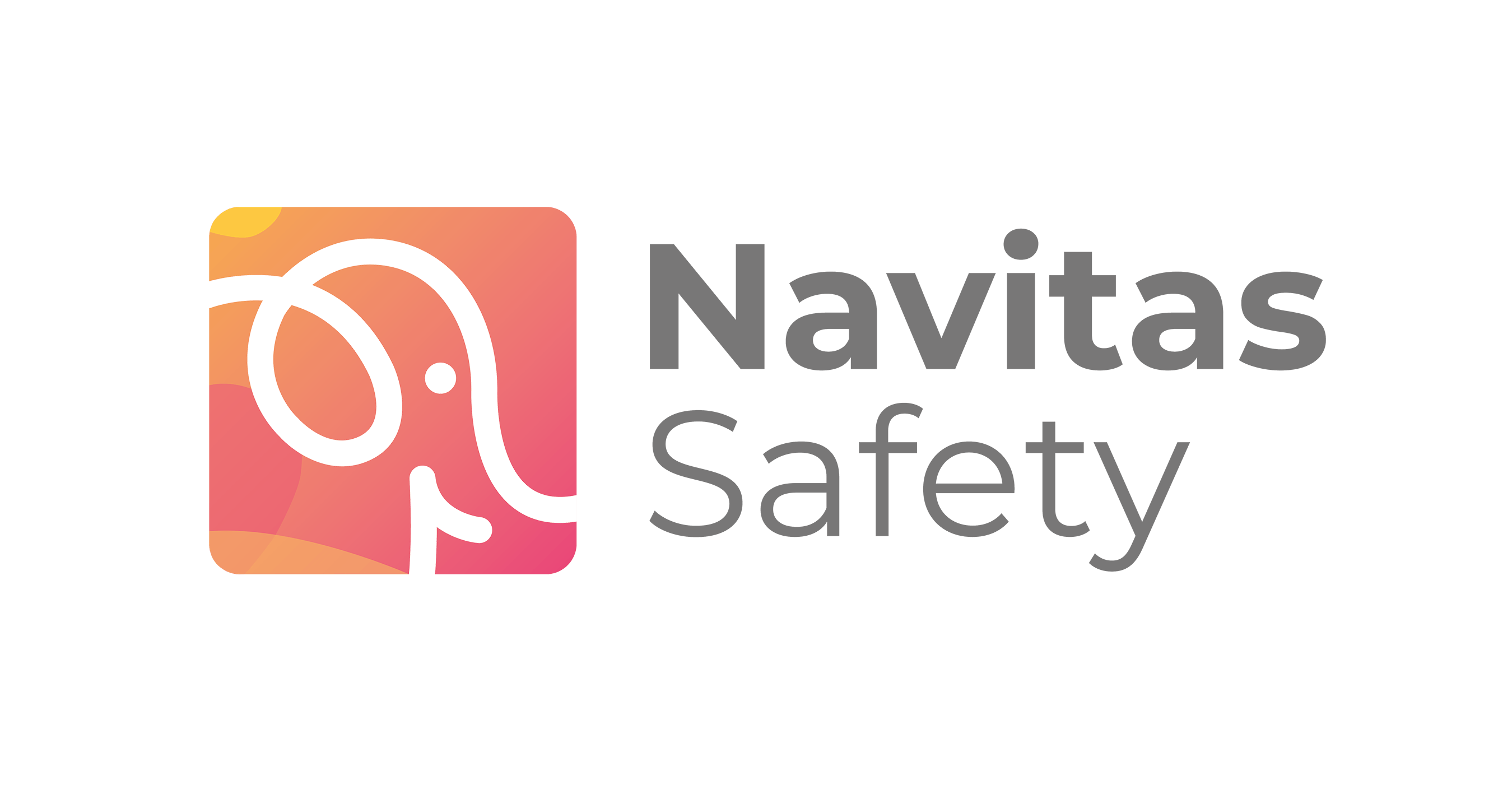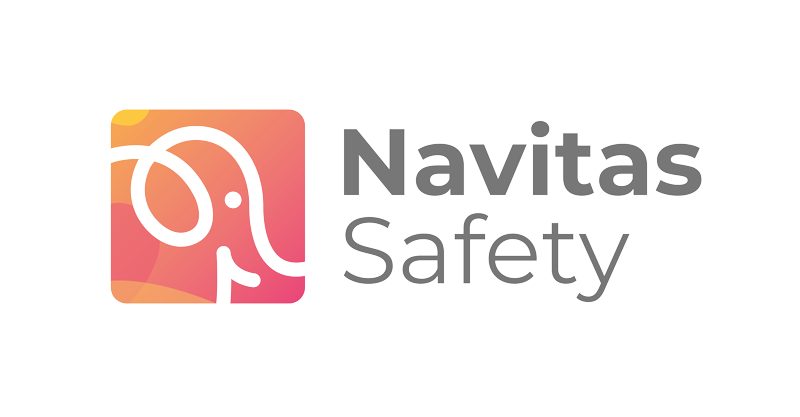Coeliac disease might not be as rare as you think, affecting millions of people worldwide.
Discovered by Dr Samuel Gee in 1888, coeliac disease went from a mysterious ailment to a condition that affects at least 1 in every 100 people in the UK. That’s a lot of people.
So, in order to accommodate this huge market of consumers, maximise business and provide an accessible experience for everyone, food businesses need to improve transparency in their menus and communication with their customers.
To help you with this, we will be diving into coeliac disease, its symptoms, triggers, management, and how food businesses can play a pivotal role in helping those affected lead a healthier, happier life.
What is Coeliac Disease?
Coeliac disease, also known as celiac disease, is a perplexing immune reaction triggered by the consumption of gluten – a protein found in wheat, barley, rye, and their derivatives. This immune response damages the small intestine, altering its ability to absorb essential nutrients.
The exact cause of the disease isn’t entirely clear, but a combination of genetic predisposition and environmental factors appears to be at play. This autoimmune condition can manifest in various ways, making it crucial to recognise the signs and symptoms.

What are 5 Signs and Symptoms
of Coeliac Disease?
Coeliac disease can present with several symptoms, some of which might seem rather common. However, if they persist and affect you on a regular basis, they could be highlighting an underlying issue.
Here are five signs that might indicate the presence of an issue:
- Diarrhoea: Persistent, foul-smelling diarrhoea is a common symptom. It can be particularly distressing and might hint at an underlying issue.
- Stomach Aches: Abdominal discomfort and cramping are frequent complaints among those with coeliac disease.
- Bloating and Flatulence: Feeling bloated and experiencing increased gas can be a result of the body’s intolerance to gluten.
- Indigestion: Difficulty in digesting food and a general feeling of unease after meals might be a sign of coeliac disease.
- Constipation: In some cases, coeliac disease can lead to constipation, making bowel movements infrequent and uncomfortable.

What Foods Are Triggers?
If you’ve been diagnosed with coeliac disease, it’s crucial to steer clear of foods that contain gluten.
The list of gluten-containing culprits includes:
- Barley,
- Rye,
- Triticale (a cross between wheat and rye),
- Farina,
- Graham flour,
- Semolina,
- Any other kind of flour, including self-rising and durum, not labelled gluten-free,
- Various forms of wheat-derived flours.
However, it’s not just about avoiding obvious sources of gluten. Even seemingly harmless products like processed foods, sauces, and even certain medications can contain hidden gluten. Staying vigilant about reading labels and researching products is essential to maintaining a gluten-free lifestyle.

Does It Get Worse Over Time?
Over time, a range of problems may develop as a result of the body’s reaction to gluten — from skin rashes and lactose intolerance to infertility, bone weakness and nerve damage. These can often happen even in the absence of digestive symptoms.
Depending on how long the disease has been present and left untreated, it could contribute to other conditions that are more common with ageing: low bone density, GI issues, and the development of some cancers.
A diagnosis later in life may also come alongside diagnosis of other autoimmune conditions.
Can Coeliac Disease Be Corrected?
It is a chronic condition, but it can be managed effectively through dietary changes. Going gluten-free is the primary approach to keeping symptoms at bay. Eliminating gluten allows the small intestine to heal, reducing the risk of long-term complications.
Accommodating a gluten-free diet might sound daunting, but the availability of gluten-free products has expanded significantly in recent years. From gluten-free flours to pasta alternatives, there’s a wide range of options to ensure a well-rounded and balanced diet.
How Food Businesses Can Help Their Customers with Coeliac Disease
The role of food businesses in supporting those with coeliac disease cannot be overstated. Consider these steps to make your food business more coeliac-friendly:
- Offer Gluten-Free Options: Including clearly labelled gluten-free options on your menu can make a world of difference to those affected.
- Transparent Allergen Information: Display written allergen information on your menus, indicating the presence of the 14 key allergens – including gluten (wheat, barley, rye, and oats) – in your dishes.
- Train Your Staff: Educate your staff about coeliac disease and the importance of handling gluten-free orders with care to prevent cross-contamination. It is also important that staff can provide verbal allergen information when requested.
- Clear Signage: Place visible signs encouraging customers to ask for allergen information from your staff. Clear communication can help avoid misunderstandings.
- Supplier Management: Ensure that your suppliers provide accurate information about allergens in the ingredients they provide. Maintaining a good relationship with suppliers who prioritise allergen transparency is key.
Navitas Safety’s Digital Food Safety Kits can support you with your supplier management, ensuring all product, menu and supplier information is accurate and up to date. Therefore, everything is clear and accessible in one digital location, so your team knows where to check for any ingredient and allergen details.
Additionally, we provide an Allergen Management Solution for comprehensive data labelling and tracking, providing full traceability of ingredients and allergens. If your business offers food that is pre packed and labelled for takeaway, a trusted allergen labelling solution is vital for customer safety.

Coeliac disease might present challenges, but with the right knowledge and actions, we can support those affected.
By embracing gluten-free options and being transparent about allergens and ingredients, food businesses can play a pivotal role in creating a more inclusive and enjoyable dining experience for everyone.
Remember, every small effort counts in creating a world where needing to eat a gluten-free diet doesn’t hold anyone back from savouring delicious meals and creating lasting memories.
If you need help with your safety processes, speak to a member of our safety team who will be able to advise you on how to operate safely.






